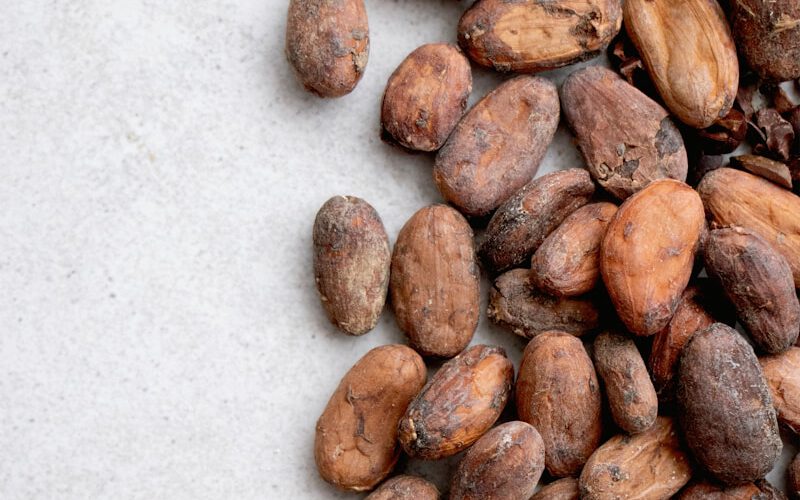Today, we often rely on books and scientific texts to seek answers to the mysteries of the universe and human existence. But before the written word, indigenous cultures around the world connected directly with nature, their intuitive mind, and specific foods and herbs that served as gateways to deeper awareness.
For many indigenous people, the Earth was seen as a living organism deeply intertwined with the cosmos. By consuming particular plants and foods and practicing traditional rituals, they could reach a profound understanding of the universe and the laws of nature. These dietary methods and spiritual practices allowed them to live in harmony with their surroundings and gain wisdom in ways that went beyond intellectual knowledge.
1. Sacred Herbs and Plants for Spiritual Insights
Indigenous cultures worldwide used specific plants they believed were keys to wisdom, helping open the mind and reach a higher state of awareness.
- Sage (North America): Many indigenous tribes used sage to achieve clarity and protect themselves from negative energies. Burning or smudging sage was also used in ceremonies to cleanse the spirit and strengthen connections with the spiritual world.
- Cacao (Central America): To the Maya and Aztecs, cacao was not only a delicacy but also a tool for rituals and ceremonies. Known as the „food of the gods,“ cacao was believed to open the heart and expand consciousness.
- Dandelion (North America and Europe): Dandelion was considered a powerful medicinal plant. Its leaves and roots were used for cleansing and detoxifying the body and for encouraging mental clarity.
- Nettle (Europe and North America): Nettle was traditionally used to strengthen and purify the blood. It was believed to help cleanse the body and support both physical and spiritual vitality.
- Nopal (Cactus Leaves) (Mexico): Nopal cactus leaves are rich in nutrients and used for inner cleansing. They are said to detoxify the body and promote mental clarity.
2. Traditional Recipes from Indigenous Cultures
Below are some traditional recipes and dietary practices from indigenous cultures that nurture not only the body but also the mind, elevating it to a higher state of awareness:
A. Cacao Ceremony Drink (Maya and Aztecs)
- Ingredients: 2-3 tablespoons raw cacao, water, a pinch of cayenne pepper, a touch of honey or agave, and optionally a sprinkle of cinnamon
- Preparation: Dissolve the cacao in hot water and mix in the other ingredients. This drink was used in ceremonies to open the heart and foster feelings of love, joy, and spiritual connection.
B. Corn Soup with Amaranth (Inca)
- Ingredients: Corn, amaranth, water, salt
- Preparation: Boil the corn until soft, then add the amaranth and simmer. This soup was believed to provide strength and to support a harmonious connection with nature.
C. Nopal Salad (Mexico)
- Ingredients: Nopal cactus leaves, onions, tomatoes, lime juice, salt
- Preparation: Slice the cactus, cook, and mix with the other ingredients. This salad was considered a cleansing dish that detoxifies the body and promotes mental clarity.
D. Wild Herb Salad (North American Indigenous Tribes)
- Ingredients: Fresh dandelion leaves, nettles, yarrow, other wild herbs of choice, olive oil, apple cider vinegar, honey
- Preparation: Wash and roughly chop the herbs. Dress with olive oil, apple cider vinegar, and a bit of honey. This salad strengthens and purifies, supporting the balance of body and mind.
E. Pinole (Aztecs)
- Ingredients: Cornmeal (from roasted corn), water, honey
- Preparation: Mix cornmeal with water and a touch of honey. Pinole was a staple food believed to strengthen the mind and provide endurance.
Conclusion
Indigenous cultures viewed nature as a source of boundless knowledge. Through special herbs, plants, and ritualistic nutrition, they opened themselves to understanding the universe and their role within it. These foods and recipes were more than sustenance—they were sacred and fostered a connection with the cosmos and inner wisdom.
Today, we can learn from this ancient wisdom and honor these traditions by approaching our diets with mindfulness and by valuing the sacred power of nature.


